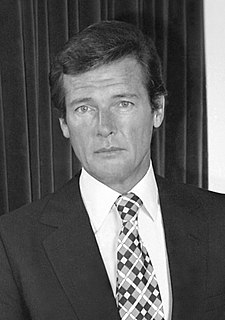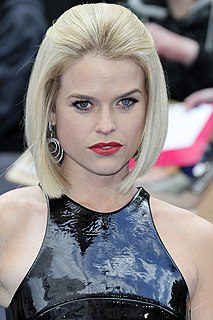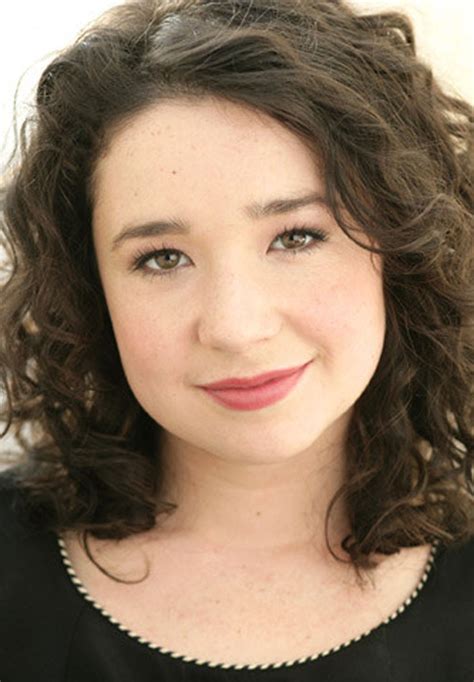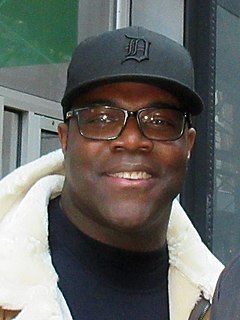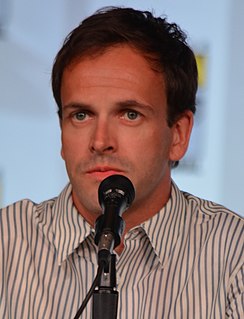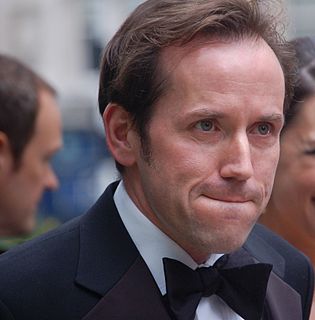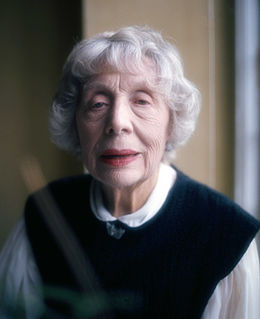A Quote by Roger Moore
Creating a character on or off the stage is an escape.
Related Quotes
Stage is so important because it teaches me how to convey character with words - how to convey how a character reacts by the way they appear on stage. I can usually tell a playwright from someone who has never written for the stage. Did the character work? Did the dialogue reveal who the character is?
In film, the camera can get an array of shots so the audience can see the emotion the character is giving off. Using close-ups on the character's face really helps get the message across. On stage, you can't do that. But the stage has that live feeling that you can't get anywhere else because the audience is right there.
Faced with today's problems and disappointments , many people will try to escape from their responsibility. Escape in selfishness, escape in sexual pleasure, escape in drugs, escape in violence, escape in indifference and cynical attitudes. I propose to you the option of love, which is the opposite of escape.
Characters on stage should be flat, like clothes in a fashion show: what you get should be no more than what you see. Psychological realism is repulsive, because it allows us to escape unpalatable reality by taking shelter in the “luxuriousness” of personality, losing ourselves in the depth of individual character. The writer's task is to block this manoeuvre, to chase us off to a point from which we can view the horror with a dispassionate eye.
For me, to take a movie and travel the world and go and work with these cultures and an international cast and have this spy thriller that's not just about character but also action and suspense, they're very challenging films as a producer to make, creating stories, creating set pieces that serve this character [Ethan Hunt].
